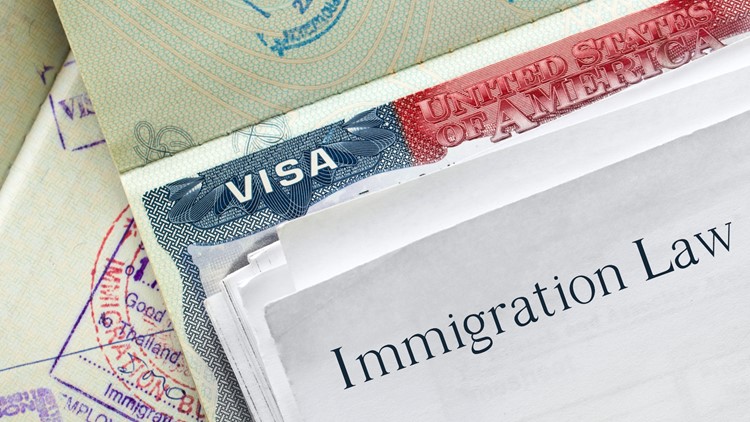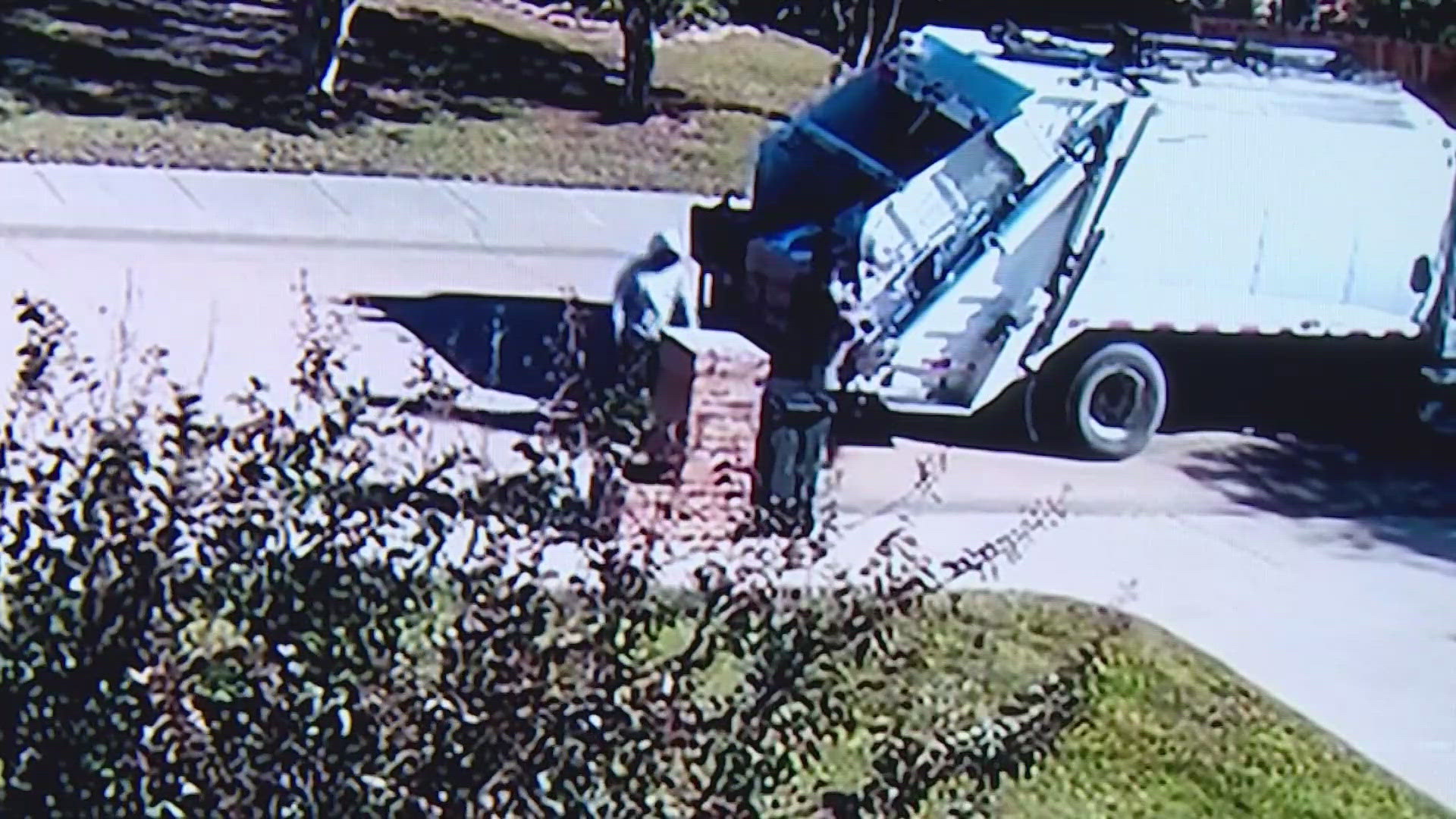U.S. Immigration and Customs Enforcement announced Monday that there are new changes to the Student and Exchange Visitor Program (SEVP). The changes could put a heavy burden on nonimmigrant F-1 students who are attending online-only university classes amid the pandemic.
As schools and universities across the country grapple with how to reopen as states continue to report new coronavirus cases, ICE says that F-1 visa students will need to be taking in-person classes to have their visas renewed.
The temporary exemptions are for the fall 2020 semester, and say that the U.S. State Department will not issue visas to students for the fall 2020 semester if their curriculum has gone fully-online. If non-immigrant F-1 visa students are in these programs they must transfer to an in-person program or "they may face immigration consequences including, but not limited to, the initiation of removal proceedings."
In the guidelines and changes, students who are taking a mixed model of online and in-person classes will be allowed to take three credit hours online, but students must submit a "Certificate of Eligibility for Nonimmigrant Student Status" form and certify to the SEVP. This is so the agency can verify that the program is not entirely online.
According to ICE, a temporary exemption for online courses was issued for the spring and summer which permitted F-1 students to take more courses than normal during the coronavirus pandemic. The agency indicated that the new changes, reducing the number of online course hours foreign students can take, applies to F-1 nonimmigrant students who are pursuing academic coursework, as well as M-1 nonimmigrant students who are pursuing vocational coursework.
Axios reported that several U.S. universities and colleges have announced that they will move all or most of their courses online in the fall due to concerns over the coronavirus pandemic. It was noted in the report that many universities and colleges rely heavily on tuition paid by international students.
Students will have the option of taking online courses back in their home country, but cannot stay in the United States and take those same courses.
Aaron Reichlin-Melnick, policy counsel at the American Immigration Council said, "Under the rule ICE announced today, schools like Harvard wouldn't lose tuition from students forced to leave the United States. Students could "attend" classes virtually—in their home country. But if the choice is stay at Harvard or leave the US... many will choose to transfer."



